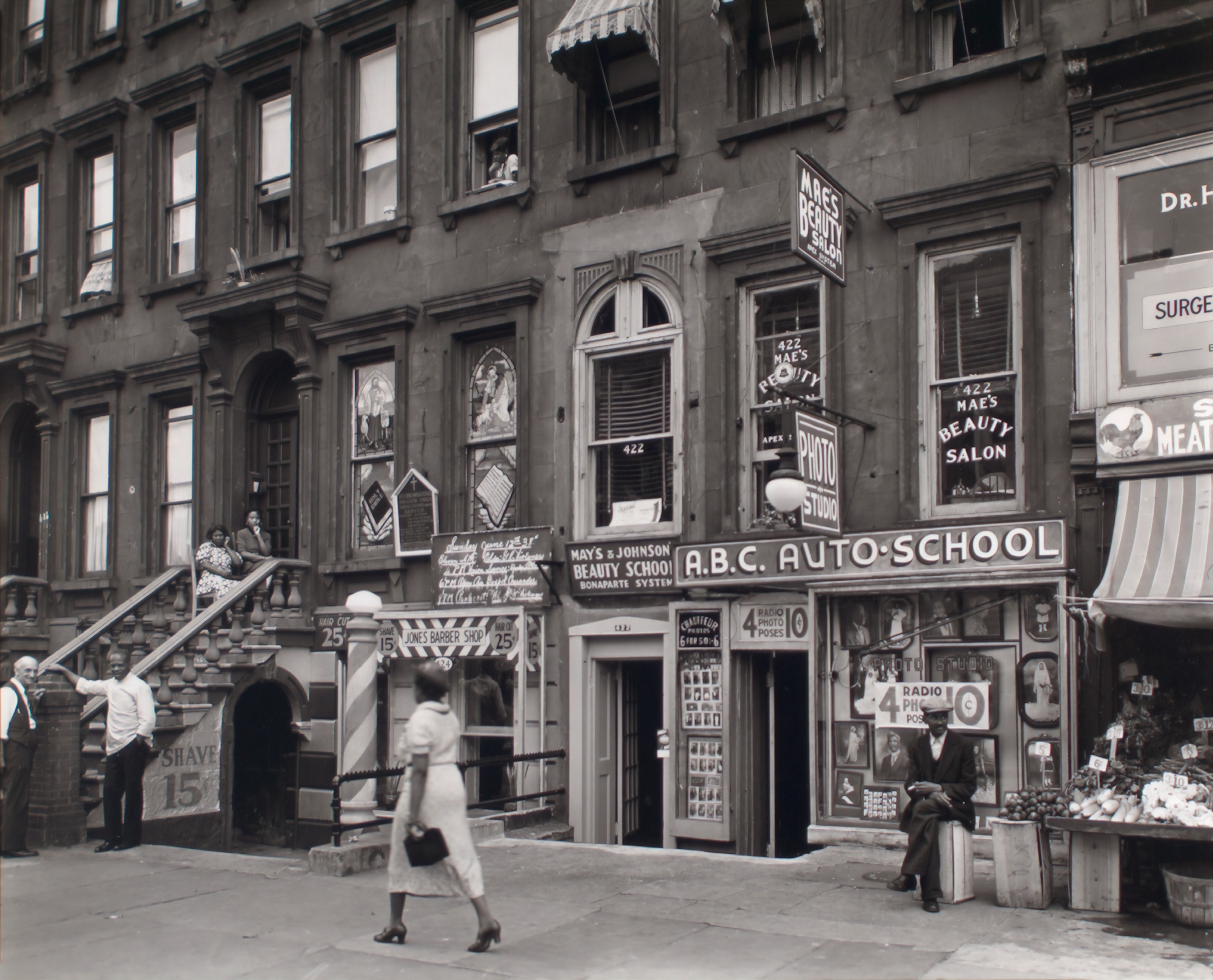 Photo by Clarisse Meyer on Unsplash
Photo by Clarisse Meyer on Unsplash
It?s referred to as the ?Tiffany problem,? and it?s when somebody writing historical fiction does something that is well-researched and accurate, but the reader doesn?t buy it because of their perception of the past.
Who is Tiffany anyway?
Actually, not a person.
The phrase ?the Tiffany problem? comes from the name Tiffanie or Tiffania, commonly given to girls born on or close to the feast of the Epiphany.
The name dates back to the 12th century. But if a historical fiction or fantasy writer uses it, a reader is likely to insist that that can?t possibly true. We associate Tiffany with diamonds, an Audrey Hepburn movie, and, well. It?s a modern name.
The term was coined by the wonderful Jo Walton (read her books).
Now, there are some levels of the Tiffany problem where an author can just roll their eyes and change it; which, of course, includes the name itself.
 Photo by Brunel Johnson on Unsplash
Photo by Brunel Johnson on Unsplash
When it Becomes a Real Problem
So, I?m going to reach to media for this example because of the (rather charming, not) individual who publicly informed me, in a panel I was on about quality of representation in media that Doctor Who was ?too woke? to have ?all those Black and Asian people? in Victorian London.
The scene she was complaining about is a scene on the London docklands in the 19th century in which a large proportion of the extras playing longshoremen were south Asian/Desi.
And she?s not the first to complain about it.
Because, thanks to the media, we have a perception that the European past is white.
When this first came up, I did some research and found out:
The BBC was correct. This was an example of the Tiffany problem.
See, what used to happen was that the East Indiamen would make the dangerous trip around the Cape of Good Hope. Because sailors always died around the cape (which is why we now have this little thing called the Suez Canal), they would arrive in India short handed.
They would fill up their crew with local guys they picked up on the docks, give them minimal training and go.
Then when they got to London, they?d hire on more experienced seamen and literally dump most of these guys at the Port of London. (I suspect it also happened at other ports).
So, what did these poor guys do?
They took work as longshoremen.
So, it?s entirely feasible that there were a lot of south Asian guys working on the docks at London. Enough to make the BBC?s choice of extras an example of good historical research not shoehorned in representation. (As a note, the first Indian restaurant in London opened in?1810. It was called the Hindoostanne Coffee House).
In this case, though, the problem becomes harmful, because people are using it as an excuse to deny representation and yell at people for being ?too woke.?
Sad.
 Photo by The New York Public Library on Unsplash
Photo by The New York Public Library on Unsplash
Getting Around the Tiffany Problem
So, as authors, how do we avoid the Tiffany Problem? Sometimes, like with names, we can just work around it. Accept that this is something the reader won?t buy.
But we also may feel we have a responsibility to be accurate about things like black people in ancient Rome (or even post-Roman Britain), about how often Medieval people actually bathed (hint, it?s more often than we think), etc.
In prose this may require a tiny bit of exposition. For example, taking the Indian dockworkers example above,
?The dock was full of men, fair-haired Irishmen, dark-skinned men brought from India on the trading ships, Englishmen of every hue and accent.?
You don?t want to repeat the mini-essay above, but it?s easy enough to toss in a throwaway line about how something was a thing. It?s even easier in a time travel novel; just have your character from the future be surprised by the ?discrepancy.?
On screen? It?s harder. Sometimes, though, you just have to trust your audience and ignore the haters.
And sometimes, you have to go with the perception not the reality in order to help your reader or audience get in the mood.
Just pick your battles. I?ll fight for including PoC in places they actually were in history (and LGBT too).
But I?m not really caring too much about precisely when kilts were actually invented (hint, it?s a lot more recent than you think).


